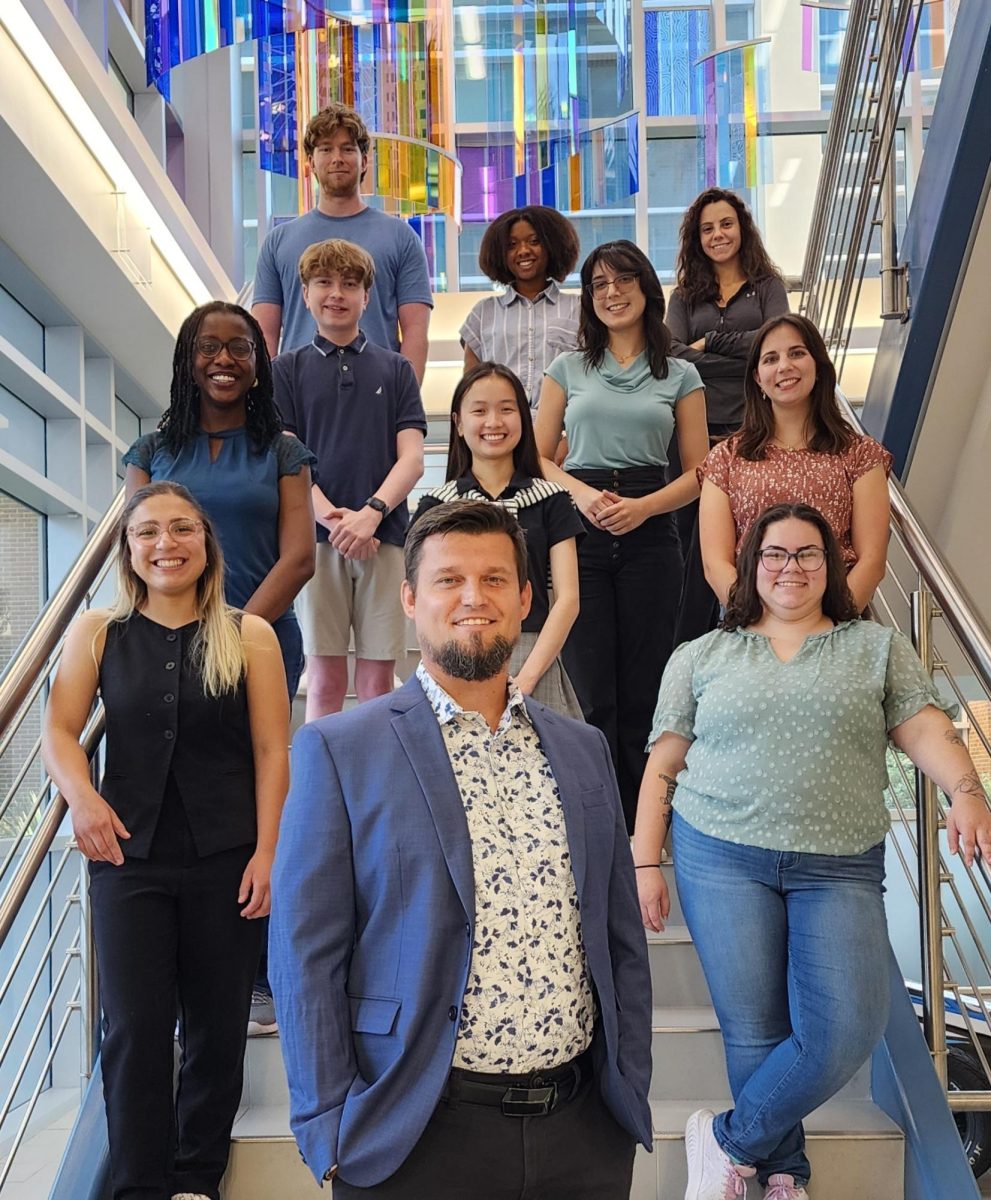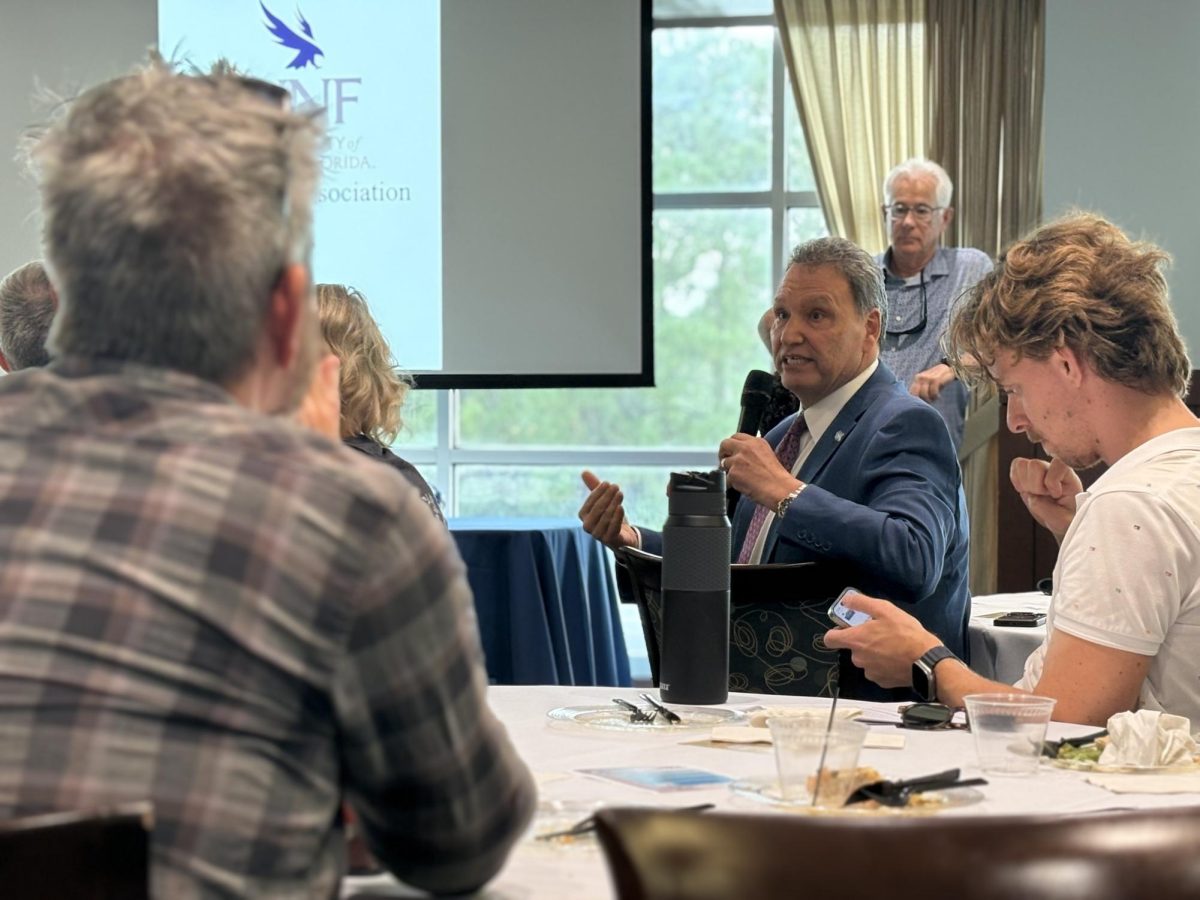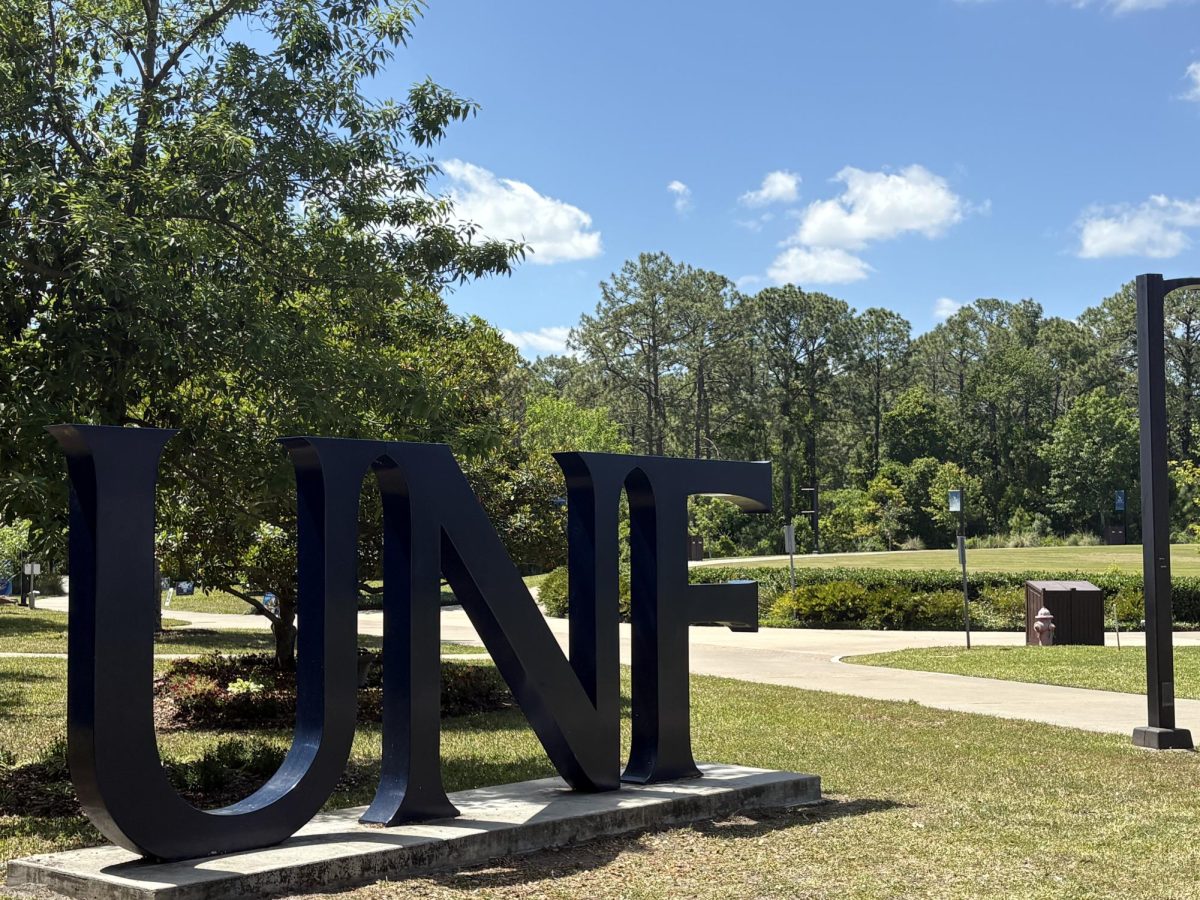The University of North Florida has recently received a $740,000 grant from the National Institutes of Health (NIH) to investigate a key feature of several neurodegenerative diseases, including Alzheimer’s, Parkinson’s and Huntington’s, according to a university spokesperson.
The research will focus on protein misfolding and clumping, processes linked to the disruption of normal cellular functions in these diseases. The study is led by Dr. Szymon Ciesielski, assistant professor in UNF’s Department of Chemistry and Biochemistry.
Long chains of amino acids make up proteins that must fold into specific three-dimensional shapes to function properly. When proteins misfold due to factors like cellular stress, environmental conditions, or genetic mutations, they can clump together into toxic aggregates. Certain proteins are known to form a specific type of these aggregates, which are associated with neurodegenerative disorders.
The research team will study the role of specialized proteins that help manage protein folding in cells, called molecular chaperones. Specifically, the study will examine how two components of this system, Hsp70 and J-domain proteins, interact to support the cell’s defense against misfolded proteins.
As part of the project, UNF students will participate in hands-on research using biochemical techniques and molecular modeling.
The long-term aim of the study is to provide detailed insight into how molecular chaperones function, with the potential to support future development of targeted therapies to improve how cells handle misfolded proteins.
The NIH funds the project, a federal agency currently experiencing setbacks due to the U.S. government shutdown. Because of the shutdown, the agency has halted all basic research and paused all grant-making activities. It’s unclear how grants awarded after the shutdown will be affected.
___
For more information or news tips, or if you see an error in this story or have any compliments or concerns, contact editor@unfspinnaker.com.
















